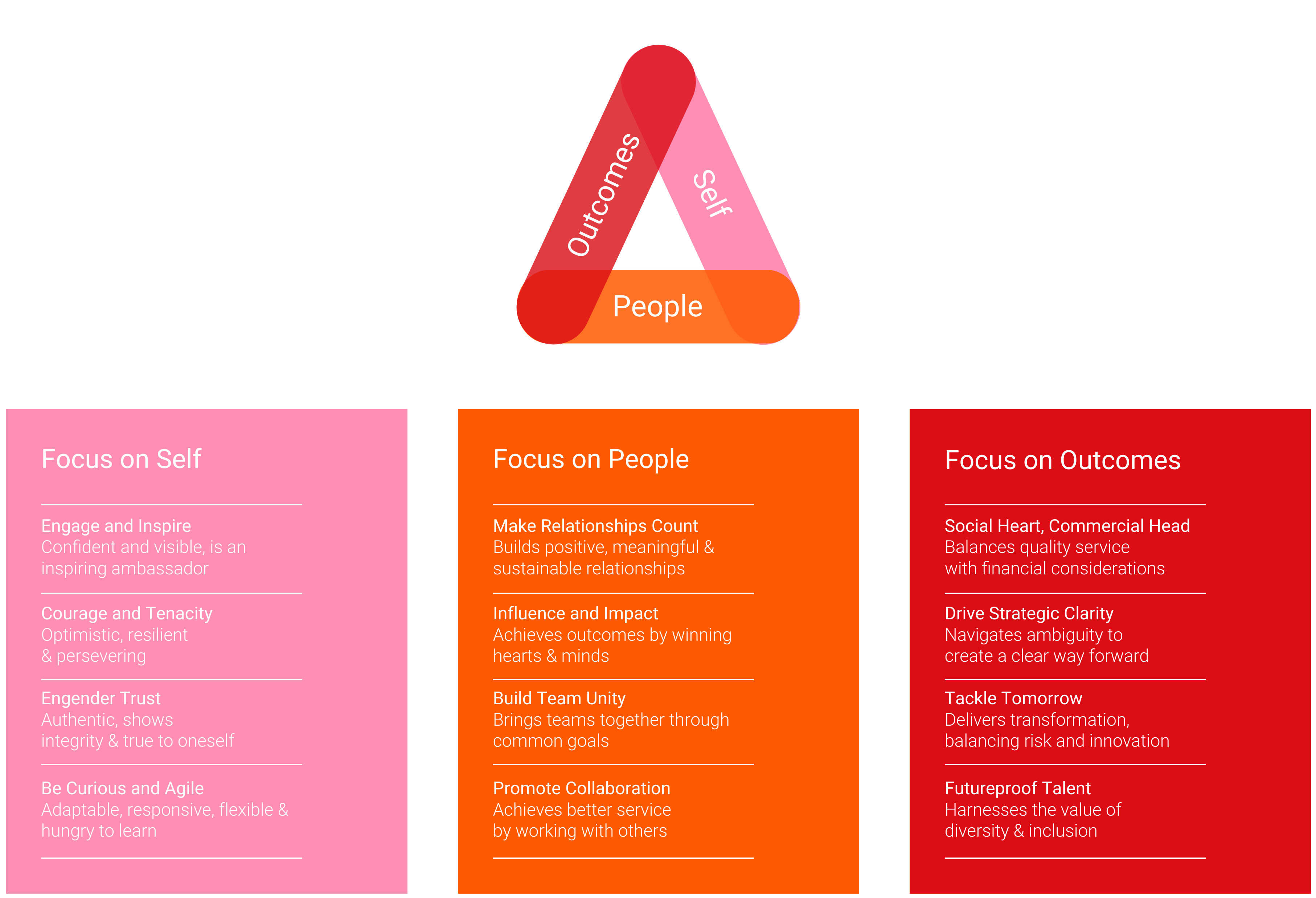Alison Elton, (Senior Consultant, Education) shares sector insights ahead of the UHR event on Tuesday 14th May.
Alison will be running a session titled “Technology enabled, human centred: using technology in recruitment to set candidates up for success”. Looking at the changes in the sector and what this means for recruiting senior HE leaders.
“Leaders in the sector are under pressure to show tangible outcomes and navigate mounting financial challenges. There’s this ongoing debate about whether a degree is really worth it, especially when tuition fees have been stuck since 2012 while costs keep rising.”
Alison Elton – Senior Consultant, Education, GatenbySanderson.
The current zeitgeist in the UK higher education scene is all about balancing the books and proving your worth.
One big shift we’re seeing is universities focusing more on vocational needs and addressing skills gaps. It’s not just about theory anymore; it’s about equipping students with practical skills that employers actually want. Think less “ivory tower” and more “real-world ready.”
In this metrics-driven environment, university leaders are having to get creative with their strategies. They’re looking at how to make every penny count, exploring new ways to generate income while keeping education quality high. It’s a tricky balancing act.
The bottom line is, the value of a degree is being questioned, and universities are adapting. They’re rethinking curriculum, strengthening ties with industry, and emphasising the employability of graduates. It’s not just about getting a piece of paper; it’s about gaining skills that open doors in the job market.
Ultimately, the future of the sector hinges on how effectively leaders navigate these complexities.
To provide key insight into how equipped HE leaders are to tackle these challenges we reference the GatenbySanderson leadership model, Altitude, this describes behavioural excellence for leaders working across the Public, Not for Profit Sector, Higher and Further Education.
The model includes 12 behaviours falling into three clusters; Focus on Self, Focus on People and Focus on Outcomes.
2023 was a year dominated by social and economic challenges. As last years survey went out we were experiencing the impact of Kwasi Kwarteng’s budget, the loss of a Monarch and a devastating war in Ukraine.
As the 2024 survey goes out we are in a similar position. Political change looming both locally and nationally, the continued war in Ukraine, the Gaza conflict and a Monarch and future Queen facing serious health conditions.

We have mapped assessment data on over 6,500 leaders to these behaviours allowing us to benchmark and compare leader capability in different sectors to the Public Sector (we have data for over 300 leaders from Higher Education). We calculate this variance to generate a Net Leadership Capability score that can then be reported as a ‘strength’ or a ‘risk’.
The trend in our Higher Education data suggest leaders have a greater focus on delivering results and producing outputs compared to our public sector sample with Net Leadership Scores above that of the public sector. This includes ‘tackle tomorrow’ which focusses on leading and managing change across systems, driving evolution and continually transforming the way services operate and are delivered.
During times of change and disruption leaders can harness this to support change. ‘Social Heart, Commercial Head’ is key in delivering efficiencies in services whilst maintaining quality for students, staff and stakeholders.
Interestingly, our data suggests no areas where the Net Leadership Capability places HE leaders significantly below the public sector baseline, however we can consider possible impacts of overplayed strengths in relation to the preference for ‘Focus on Outcomes’. These could include whether leaders drive to achieve outcomes overshadows the emotional agility and influencing skills required to bring others with them when delivering on change, and whether they can draw on the personal resilience to manage such large-scale disruption.
So, with higher education leaders being more outcome-focused than leaders in other sectors, how can you identify who has the capacity to adapt to the changing environment and who can be creative and drive change in this highly regulated and closely scrutinised sector?
At GatenbySanderson, we use a suite of different techniques tailored to the needs of our university clients to assess what needs assessing, using video applications where to seek early evidence of candidates’ communication styles and psychometric assessments to provide insights into personality preferences.
We use a range of psychometrics tools to understand team dynamics and support leadership teams to work together effectively through understanding each other’s strengths, preferences and styles.
- What do you look for when you are recruiting to senior leadership roles?
- How are you preparing your SLTs for the challenges they are facing?
We would love to hear if you are adapting your practices to reflect the changing state of higher education.
Discuss the support Alison can provide to your leadership teams: alison.elton@gatenbysanderson.com
GatenbySanderson are the leading Executive Search, Interim and Leadership Development Consultancy across public services, and one of the largest consultancy firms in the UK. Contact us for more information
